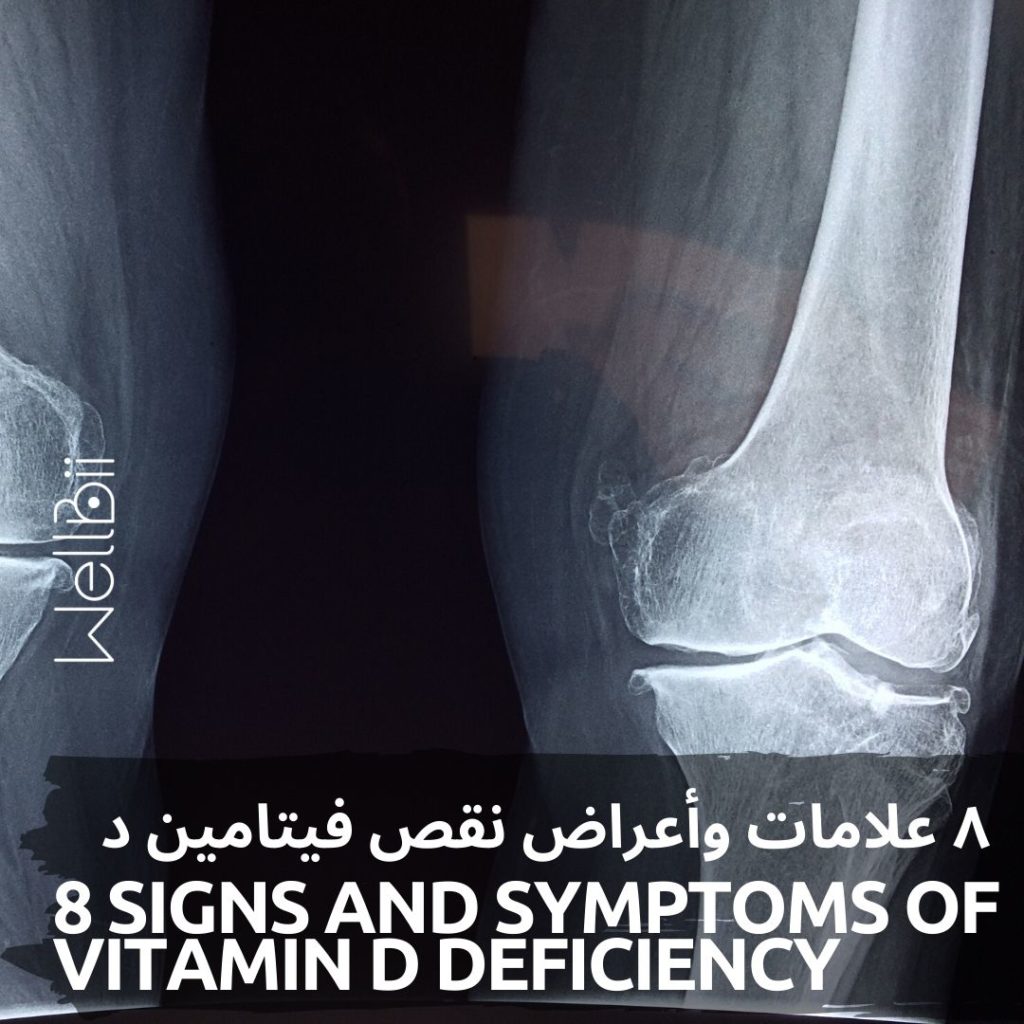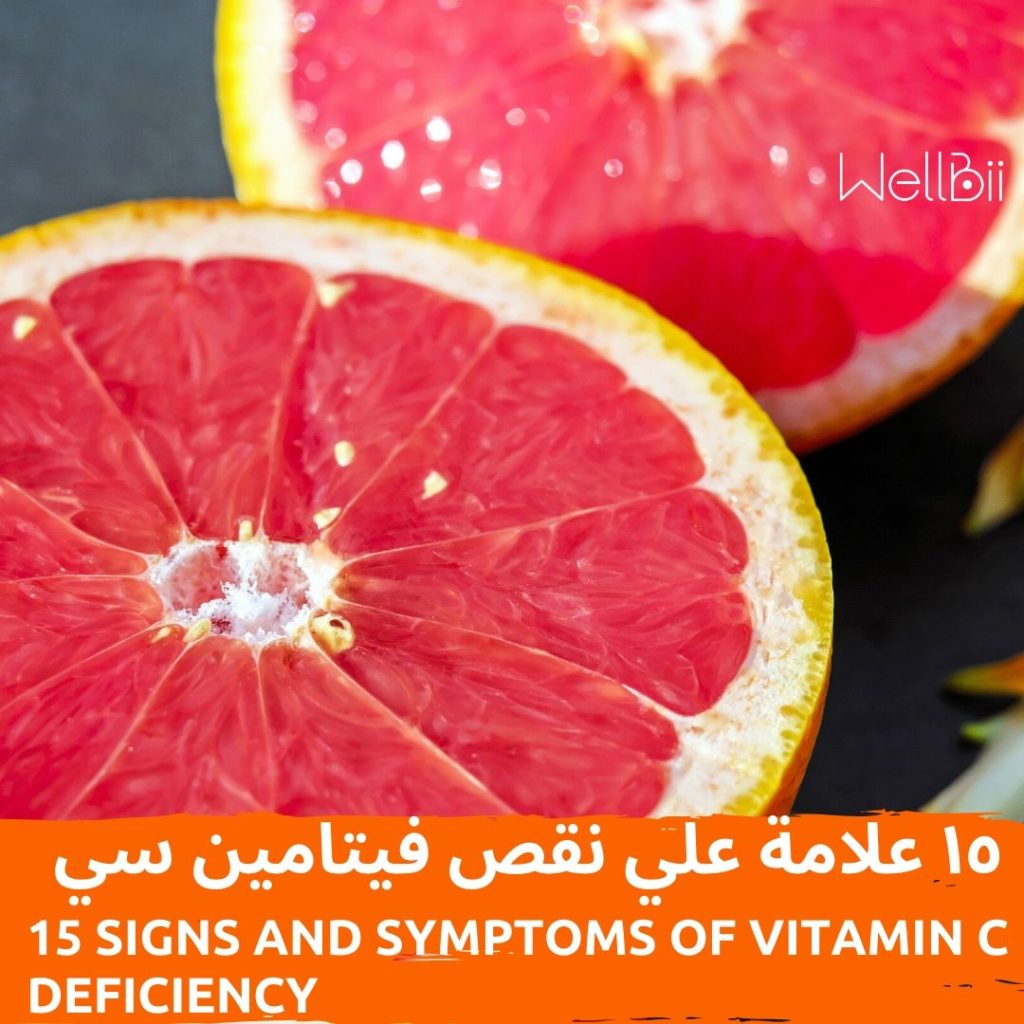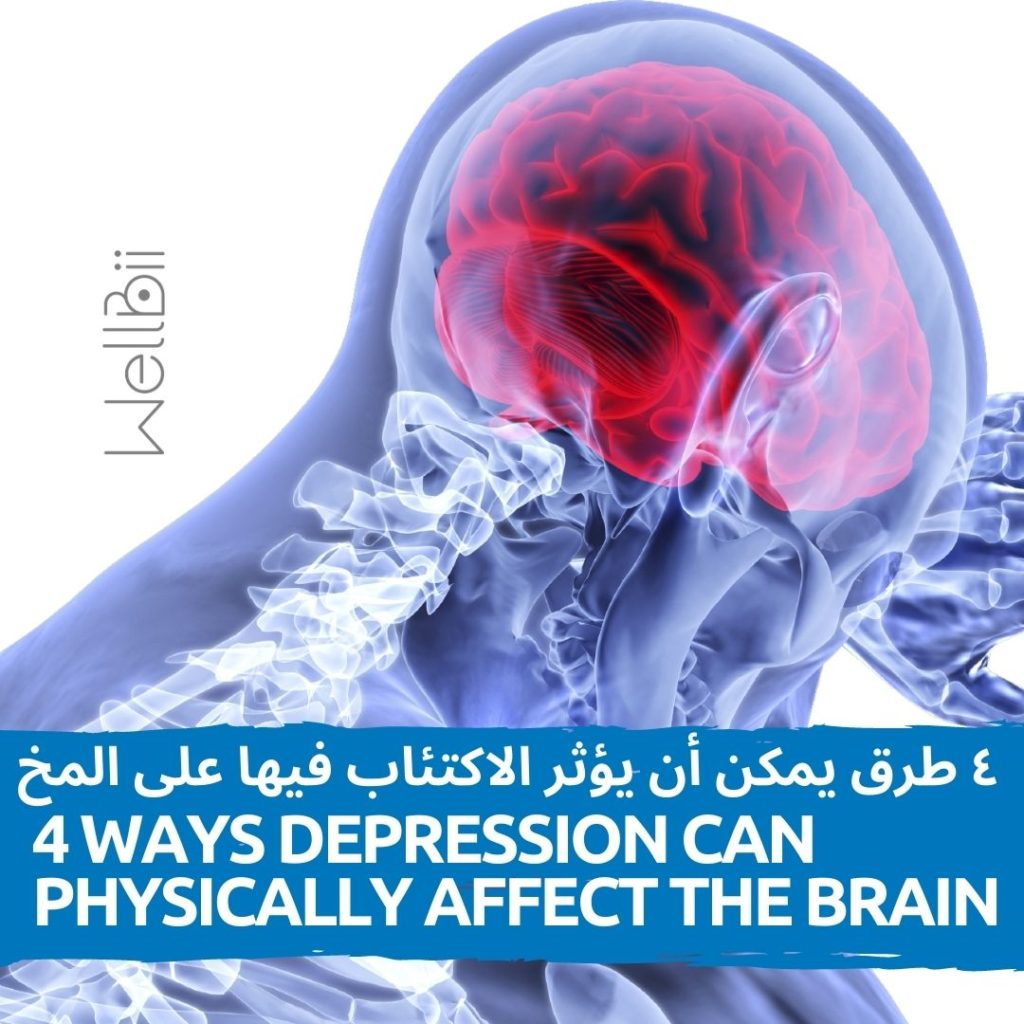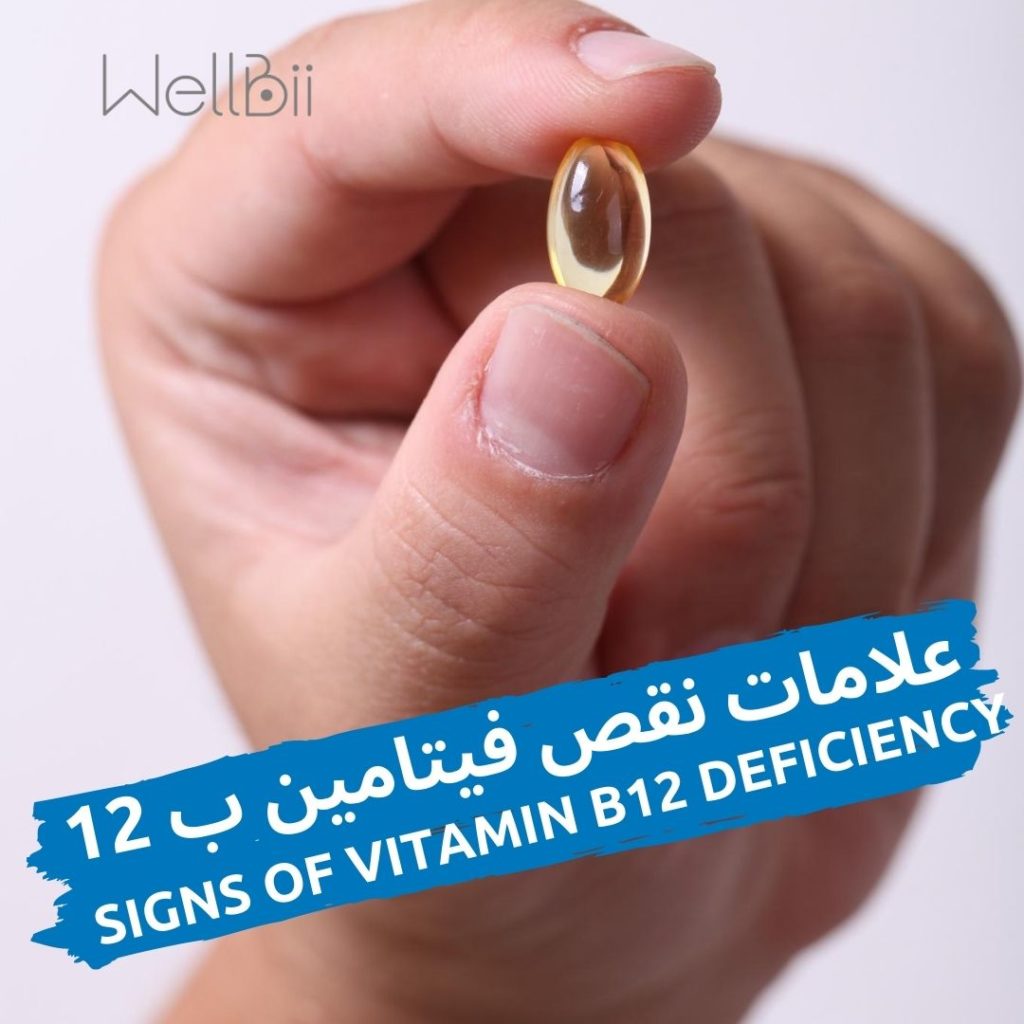8 SIGNS AND SYMPTOMS OF VITAMIN D DEFICIENCY

Vitamin D is an extremely important vitamin that has powerful effects on several systems throughout your body. Unlike other vitamins, vitamin D functions like a hormone, and every single cell in your body has a receptor for it. Your body makes it from cholesterol when your skin is exposed to sunlight. It’s also found in certain foods such as fatty fish and fortified dairy products, though it’s very difficult to get enough from diet alone. Here are 8 Signs and Symptoms of Vitamin D Deficiency.
1 Muscle Pain
There is a link between chronic pain and low blood levels of vitamin D, which may be due to the interaction between the vitamin and pain-sensing nerve cells.
2 Hair Loss
Hair loss may be a sign of vitamin D deficiency in female-pattern hair loss or the autoimmune condition alopecia areata.
3 Bone Loss
A diagnosis of low bone mineral density may be a sign of vitamin D deficiency. Getting enough of this vitamin is important for preserving bone mass as you get older.
4 Impaired Wound Healing
Inadequate vitamin D levels may lead to poor wound healing following surgery, injury or infection.
For online coaching click here
5 Depression
Depression is associated with low vitamin D levels and some studies have found that supplementing improves mood.
6 Bone and Back Pain
Low blood levels of vitamin D may be a cause or contributing factor to bone pain and lower back pain.
7 Fatigue and Tiredness
Excessive fatigue and tiredness may be a sign of vitamin D deficiency. Taking supplements may help improve energy levels.
8 Getting Sick or Infected Often
Vitamin D plays important roles in immune function. One of the most common symptoms of deficiency is an increased risk of illness or infections.
Vitamin D deficiency is incredibly common and most people are unaware of it. That’s because the symptoms are often subtle and non-specific, meaning that it’s hard to know if they’re caused by low vitamin D levels or something else. If you think you may have a deficiency, it’s important that you speak to your doctor and get your blood levels measured. Fortunately, a vitamin D deficiency is usually easy to fix. You can either increase your sun exposure, eat more vitamin-D-rich foods, such as fatty fish or fortified dairy products. Fixing your deficiency is simple, easy and can have big benefits for your health.
For the full article click here
Do you suffer from any of the above symptoms?






Responses